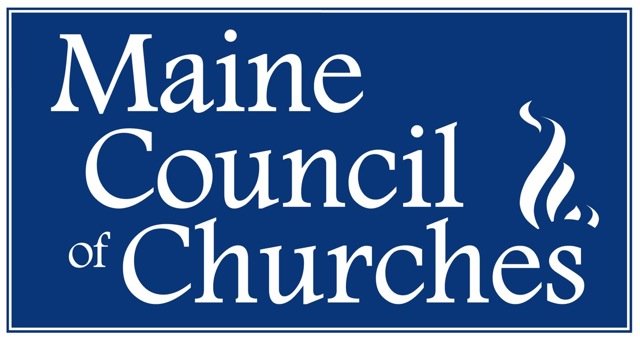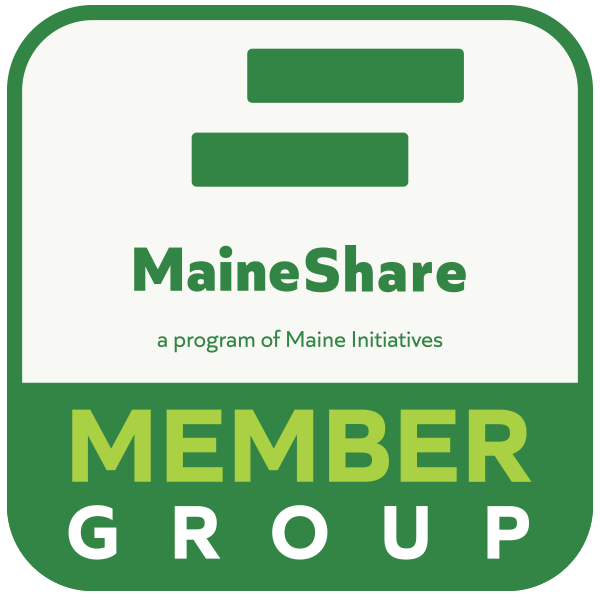MCC Blog October 26, 2018
Featured Guest Blogger John Hennessy
Director of Maine Episcopal Network for Justice
OUR FAITH, OUR VOTE, OUR VOICE
Maine Episcopal Network for Justice Election Engagement Program – Fall 2018
As followers of Jesus, we can live out our call to care for our neighbors as ourselves by engaging in the public square. Decisions made by elected officials have great impact on issues such as creation care, civil rights, and hunger. If we are to care for the whole body of Christ, we must have a say in the political process that impacts each part of it.
Politics and religion. The two topics you’re not supposed to talk about if you want to avoid a conversation filled with fireworks.
And here we are talking about it. Many clergy have reported pressure from congregants to “speak to the issues!” and from others to “stay away from politics!”
There is a third option: preaching our principles and not our politics with clarity and humility. We can be clear about what we believe and why we believe it and share our principles with sincerity rather than prescriptively. What do I mean? It means saying what you believe instead of telling you neighbor what they should believe.
In today’s intensely polarized political climate, where policy debates often hinge on values and how each side views the role of government in American’s lives, those debates are increasingly being influenced by those who are speaking out as people of faith. Our goal is to share our principles and to begin a conversation – not to convince anyone else to believe or vote a certain way. That clearly isn’t working today.
Over the years, Episcopalians and Anglicans have lived out the Gospel’s call in many ways, celebrated and unknown. We have taken to the streets and into the halls of government. In the Episcopal Church we talk of a “Jesus Movement” that coincides with continuing political activism.
One of the Episcopalians who I often mention when I speak to congregations is Frances Perkins who spent much time in Maine. Frances, was a sociologist and workers-rights advocate and served as US Secretary of Labor from 1933-45, the first woman appointed to a cabinet position. During her long term, Perkins helped implement many aspects of FDR’s New Deal. She was largely responsible for the adoption of Social Security, unemployment insurance, federal laws regulating child labor and adoption of a federal minimum wage.
Frances often said she came to Washington to serve God, FDR, and millions of plain, common working people. She added, the technique of administration in a democracy is not easy. The statute law and the natural law of God, must be somehow or other blended together, and fairness and decency must prevail.
Although many Episcopalians are wary of mixing Christian teachings with political messages for fear of blurring those teachings, many of our congregations and those of other denominations, see activism as part of being a Christian, not contrary to it. People tell me if we are going to truly follow our baptismal covenant, then we are by nature going to occasionally stand up against what we perceive as injustice.
There is no shortage of examples of public policy issues taken up by the Episcopal Church: refugee resettlement, DACA, Bishops Against Gun Violence, marriage equality, conversion therapy, immigration, Standing Rock, health care reform, Arctic wildlife preservation and many more.
A healthy faith community can provide regular opportunities to both name our deepest principles and to reflect on the daily challenges of living them out. Our Presiding Bishop, Michael Curry believes that voting and participation in our government is a way of participating in our common life and that is a Christian obligation. He goes on to say, “We are blessed as a nation to vote. As citizens of this country this is a right, an obligation and a duty. Go vote. Vote your conscience. Your conscience informed by what it means to love your neighbor, to participate in the process seeking the common good, to make this a better world. However you vote, go out and vote. Vote faithfully. And do that as followers of Jesus.
Throughout history, voices of faith have been raised, forcefully at times and often bravely, on behalf of the less fortunate. The Episcopal Church is moving from the church of the establishment to the church of advocacy.
What is your role and that of your faith community? Be sure to check out our new election engagement page on the website for some useful resources.
#VoteFaithfully
Maine Council of Churches would like to share the following post from The Rev. Dr. Katharine Rhodes Henderson, President of the Auburn Seminary, in order to support and encourage meaningful local action during this election season.
The Role of Faith Leaders in the Midterms
You know there’s so much at stake this November. The team at Auburn Seminary, which runs Groundswell Movement, has been busy supporting leaders like you across the country to take meaningful local action during this election season, encourage others to participate and vote to ensure all of our communities are truly represented.
Our initiative is called Faithful Democracy and you can follow us on Facebook and Twitter at #FaithfulDemocracy.
The separation between Church and State is different from the separation of faith and public life, and we strongly encourage all people of faith to stay within the law. The good news: You can still make a big impact without crossing the line!
In this video, our friend Joshua DuBois, who served as Faith Based Partnerships advisor to President Obama, lays out what you can do to advocate as a faith leader. Watch and share!
To learn more about how you can get make your voice count in this election, visit https://auburnseminary.org/gotv-2018/.
Auburn is deeply investing in Arizona, Florida, Georgia, and Wisconsin. Click here for more background on the key issues and strategies.
You can make a difference by sharing this video and these resources with your networks. Click here to share the video by tweet.
Thank you for building a democracy through your work to trouble the water and heal the world,
The Rev. Dr. Katharine Rhodes Henderson
President, Auburn Seminary

